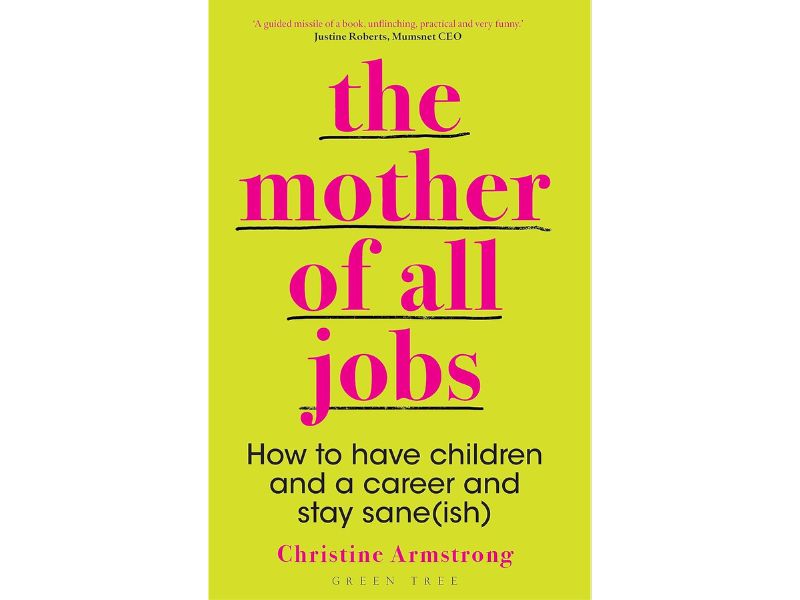In April 2017, the Financial Times published a report which tracked the career trajectories of women in financial services roles.
By gathering data from 50 of the world’s biggest banks, asset managers, professional service firms and insurers, the report revealed that whilst there are plenty of women working in junior roles, only one in four of those who had managed to secure a senior level position was female.
The challenges facing women embarking on careers in the finance sector are, these days, less apparent at the entry point. Many employers have fully embraced, and have been the driving force behind more inclusive recruitment. Organisations have softened their images to shed the “old boys club” stereotype, and have made positive steps to ensure that talent – no matter whether male or female – is being welcomed into the sector.
And as a result, greater numbers of women are viewing a career in the finance sector as a viable – indeed desirable – career path. At Imperial College Business School we have seen greater numbers of female students apply for, and enrol upon our MSc Finance programme in recent years, creating an even split in the classroom between male and female students.
This is certainly encouraging for the sector. However, as the Financial Times’ report reveals, there still seems to be some significant hurdles in place which hinder female professionals from advancing into senior leadership positions – or at least doing so at the same rate as their male counterparts.
Getting on the right path
In the face of such statistics, what actions can be taken by women to ensure they stand the best chance possible of getting ahead?
The first step for any professional, regardless of their gender, is to build a strong foundation of industry knowledge, skills and experience. Enrolling on programmes such as the MSc Finance gives students the chance to develop and test out the skills and competencies most desired by employers in a safe environment through lectures, simulations, in-class projects and company placements. Such programmes provide a valuable insight into how the industry operates, not to mention access to a vital network of peers who can help guide their progress once they’ve got their foot in the door.
For women embarking on a career in finance, this last point might may be especially important. With fewer numbers of females in senior roles in their organisations, having access to a network of successful female alumni provides role models to inspire their career paths and confidants who can advise on how to get ahead or even switch roles. This is a discussion that can’t always be had with an employer.
Changing our perspectives on what “professional means”
An additional benefit a gender-balanced business education programme can bring is a more open mind set for all. Indeed the male students who pass through our MSc Finance programme enter into the workplace with a more equal perspective on the skills and capabilities of their new colleagues, which may prove vital to female career progression further down the line.
Working in asset management or FinTech, or indeed any field in the financial sector is very demanding and often requires putting in long, antisocial hours, something which can be difficult to juggle alongside pursuing opportunities for career progression. This becomes infinitely harder when personal commitments such as raising a family are added into the mix. For some women the prospect could be quite off-putting. For others, though they wish to progress, they may find it near impossible to do so, no matter how progressive society has become in eschewing the stereotypical roles of parents.
That’s not to say that women aren’t up to the challenge. The vast majority of women entering onto our MSc Finance programme are intelligent, focused, highly driven individuals. So if the talent entering the industry isn’t where the problem lies, it’s clear that a shift needs to occur in our attitudes towards what the accepted lifestyle of the finance professional is.
Altering attitudes to career breaks
It can be difficult to return to a senior role after a long period of absence, not because of a lack of enthusiasm or capability but due to the unfeasibility of the role in balance with other priorities, the lack of flexibility in working hours and requirements. This is often the biggest way banks lose female talent.
Many organisations attempt to counter this by offering childcare vouchers to ease costs of full-time care or by setting up on-site nurseries. But this is just one step. Employers must be prepared to do more to create working environments which support those who wish to take a break or raise a family. Aside of investing in supporting family life, employers must actively advocate professional development, making greater efforts to getting returnees back up to speed on their roles, and allowing greater flexibilities where possible to their working days and duties.
Encouraging lifelong learning
The longer the break the bigger the impact it can have on a professional’s career trajectory. The finance sector is a fast-changing environment, and with revolutions in digital technologies, AI and the “data boom”, the necessary skillset is advancing just as quickly, causing those taking breaks from the workplace to miss out on vital updates, and feel even more displaced upon their return.
Rather than lamenting the skills that may be lacking in female workplace returnees, employers should make greater efforts to encourage and support further skills development, whether by introducing upskilling and development programmes in house, or by allowing enough flexibility in senior’s roles for them to consider engaging in further education.
For those with business school experience already under their belts, there may be opportunity to access additional learning through their alma maters. At Imperial College Business School we provide lifelong support to our graduates from career’s advice to additional programmes, workshops and masterclasses.
Furthermore, if a female professional feels her career is stagnating, or that she’s hitting a wall in trying to reach the next level further education might present a good opportunity to stop, take stock of where they are, what they want and consider what they may need to do to make this happen.
 About the author
About the author
Lara Cathcart is Associate Professor of Finance and Academic Director of MSc Finance & MSc Risk Management and Financial Engineering at Imperial College Business School.









